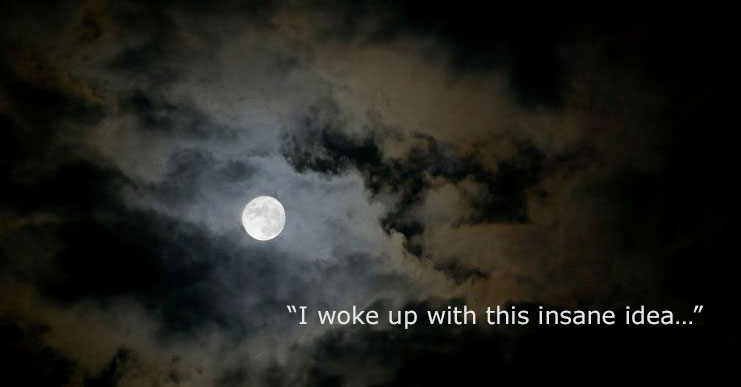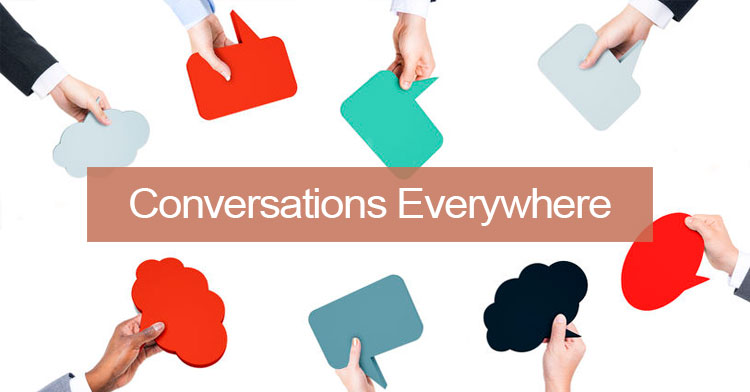
This morning I received an email with this subject line:
“I woke up with this insane idea…”
It seems today is the final day for some killer deal being offered by that company.
Not a solo business. A medium-sized company. A big campaign.
And this morning’s email wasn’t a quick, personal note, dashed off at the last moment. It was a long promotional email, with tons of details and formatting, and a carefully constructed final offer.



